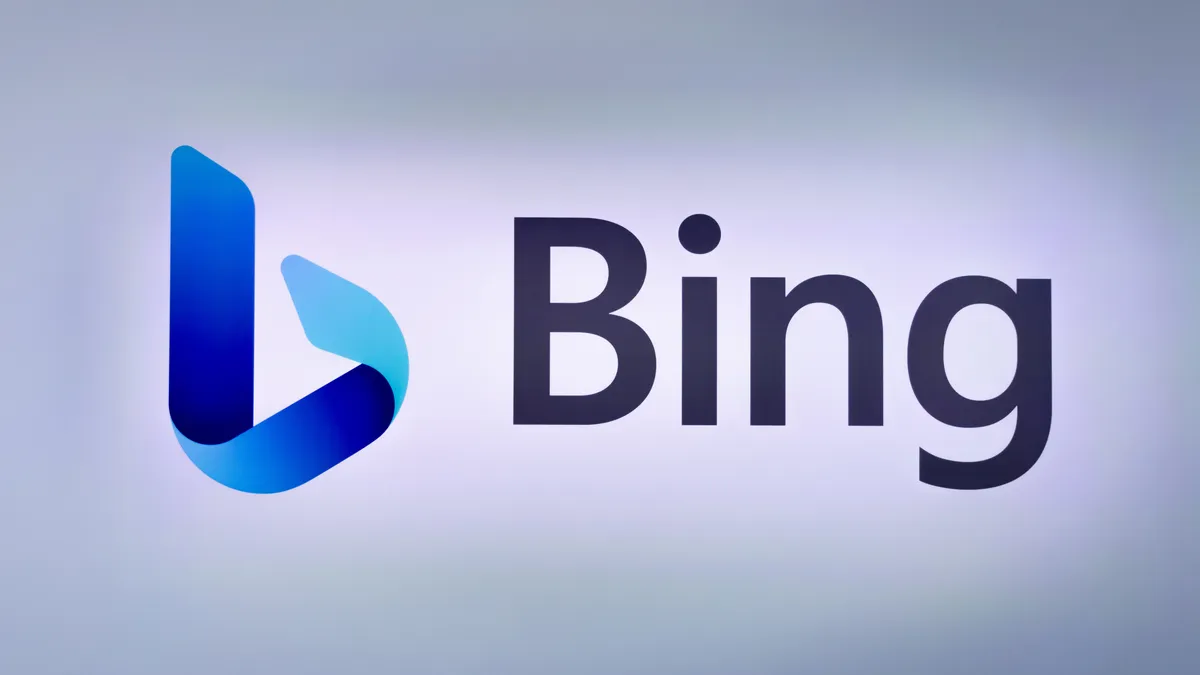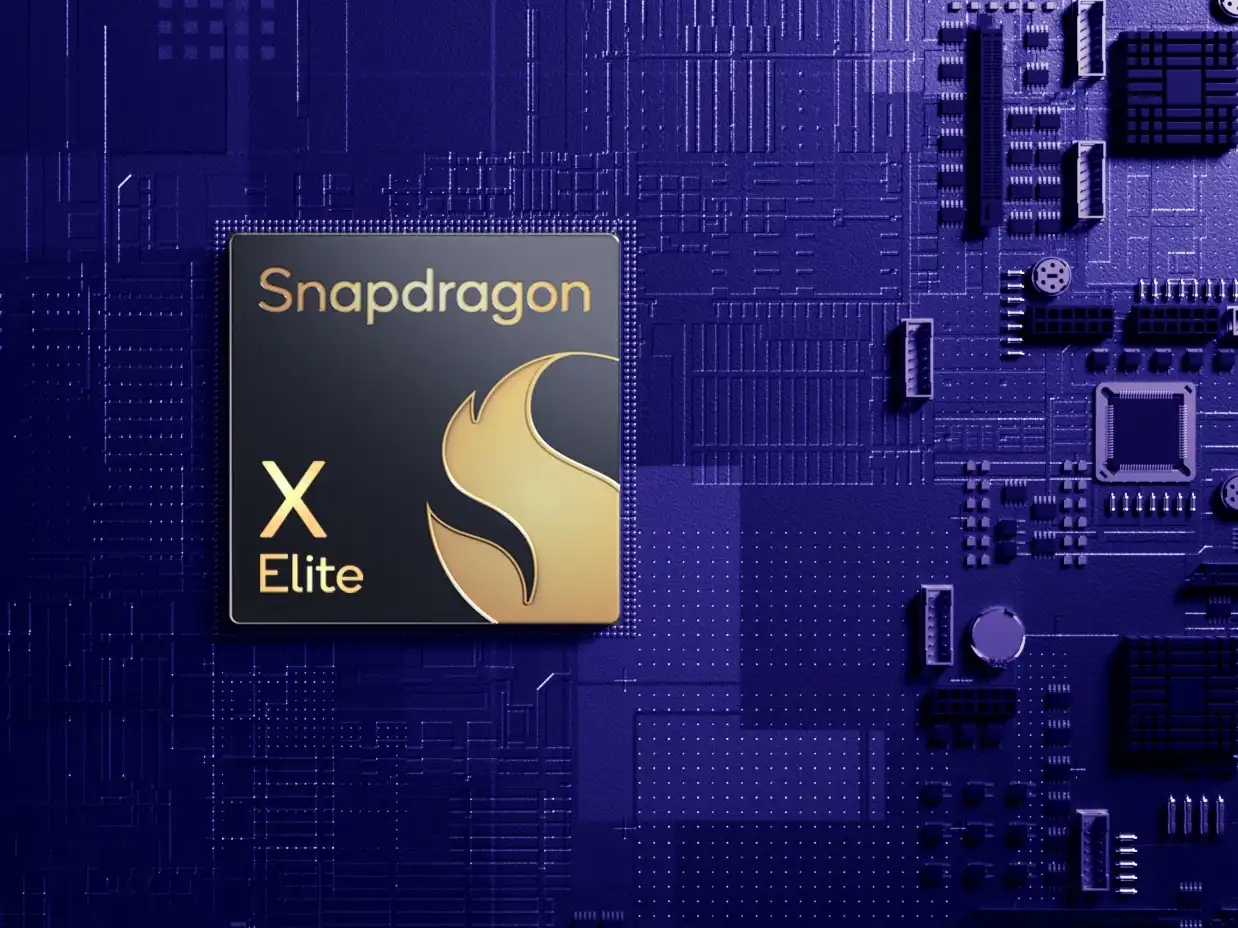As the 2024 elections approach, the spotlight intensifies on the ethical challenges and dangers posed by deepfake technologies. In a united front, OpenAI alongside tech giants like Google, Meta, Microsoft, TikTok, X (formerly Twitter), Amazon, and Adobe, have pledged to combat the deceptive use of artificial intelligence that could interfere with global elections. This initiative marks a significant step towards safeguarding democracy against the threats posed by generative AI tools capable of creating convincing but false images, videos, or audio clips.
OpenAI, in particular, has introduced its ‘Voice Engine’—a text-to-speech model capable of generating natural-sounding speech from just a text input and a single 15-second audio sample. While the technology showcases the advances in AI, it also raises serious concerns regarding its potential misuse, especially in mimicking voices of public figures to spread misinformation during critical times like elections.
Acknowledging these risks, OpenAI has opted for a cautious approach towards the wider release of its voice generator. The decision underscores the organization’s commitment to preventing the misuse of its technologies in electoral deception. This stance is partly in response to instances of AI-generated content, including a robocall in New Hampshire that used a fake voice impersonation of President Joe Biden to discourage voters.
Furthermore, OpenAI’s efforts to counter misinformation include working closely with journalists, researchers, and various platforms. They aim to enhance their provenance classifier and direct users to credible sources for election-related information. Such measures are part of OpenAI’s broader strategy to mitigate the impact of AI-generated misinformation on the voting process.
The collective action by these technology leaders reflects an industry-wide commitment to maintaining the integrity of elections. The voluntary ‘Tech Accord to Combat Deceptive Use of AI in 2024 Elections’ outlines specific commitments to deploy technology that counters harmful AI content. This pact, announced at the Munich Security Conference, emphasizes the critical role of safe and secure elections in sustaining democracy.
Despite these proactive steps, challenges remain in detecting and labeling AI-generated content effectively. Solutions like watermarking, proposed to trace the origin of such content, have shown limitations, indicating the complexity of the issue at hand. The success of these initiatives in combating AI-generated election misinformation remains a matter of watchful observation and continuous improvement.
























Add Comment